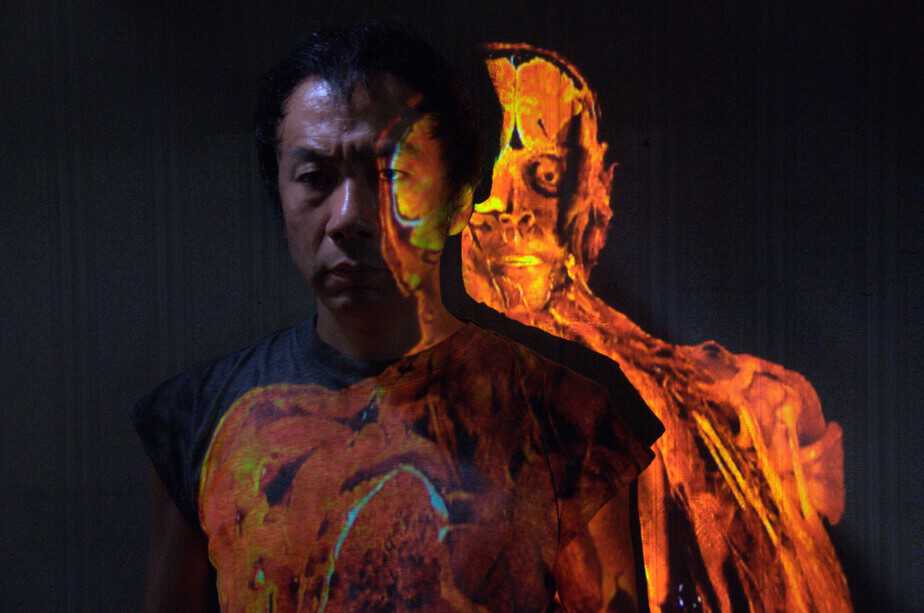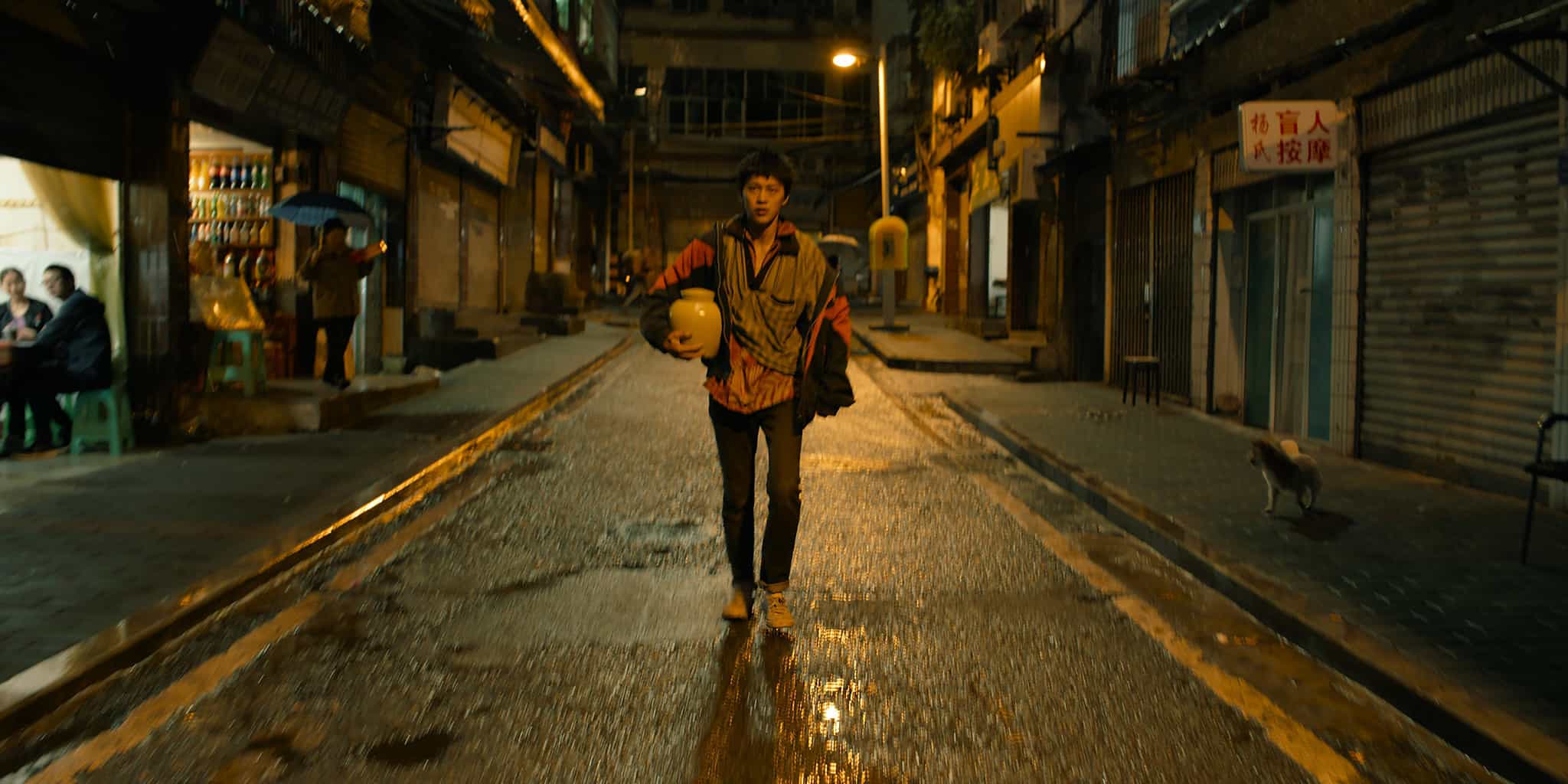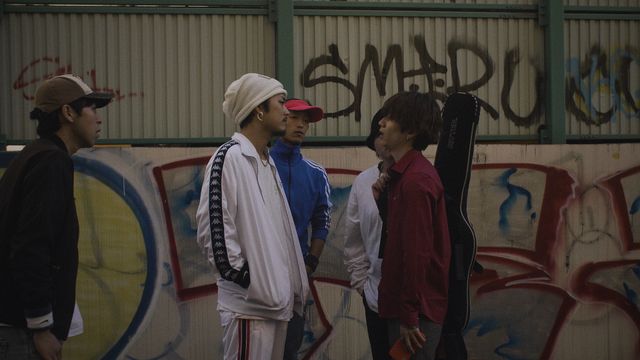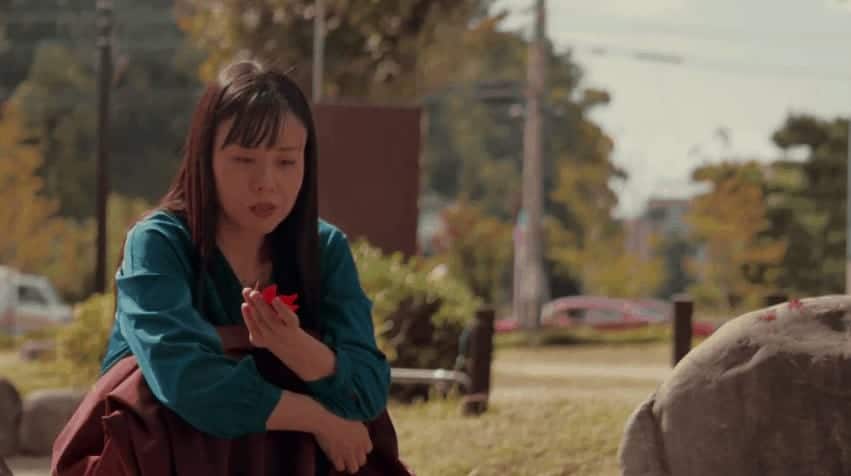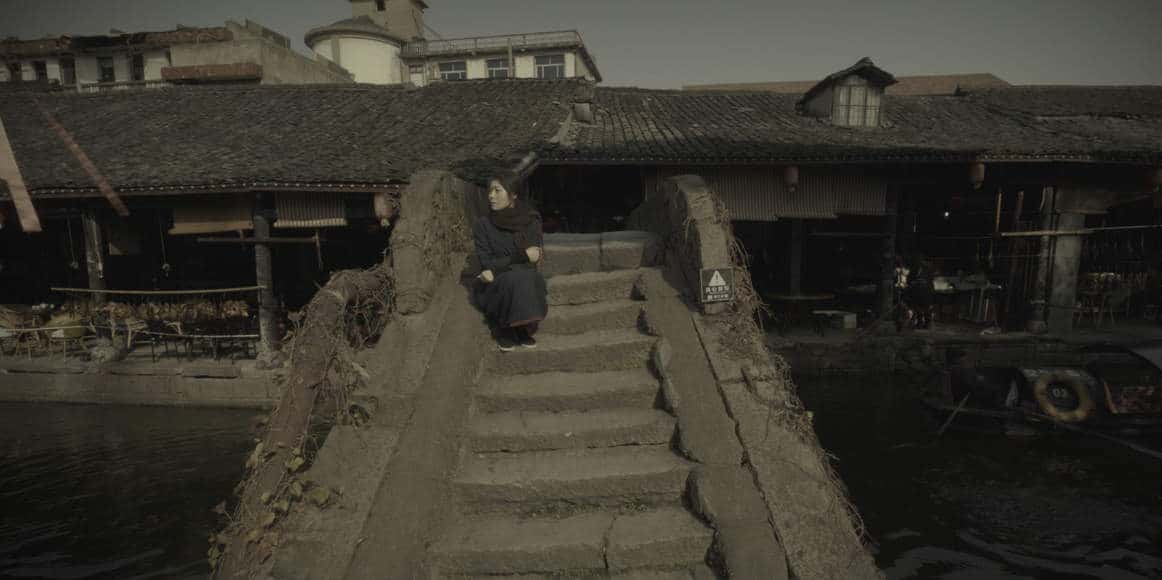“Welcome to your new life.
I hope you're enjoying it.”
Given the nature of Shinya Tsukamoto's “Tetsuo: The Iron Man” the idea of turning it into a series or franchise seems quite strange, to say the least. Not that there is anything wrong with hearing and seeing more of the world the Japanese filmmaker has shown us in the first one, but considering its experimental, industrial design, to name one aspect, you might wonder whether there is indeed more to be said which would legitimize more movies.
In some ways, these critical voices considered “Tetsuo II: The Body Hammer” as a confirmation of these doubts. Even though the look was still there and even creatively expanded by Tsukamoto, the idea of the machinist cult behind the transforming protagonist was not universally met with praise. You might even say it hurt the mysterious, powerful enigma behind the narrative of the two films, especially its parabolic concept and omnipresent ambivalence. Nevertheless, “Tetsuo II: The Body Hammer” was just as powerful as its predecessor, thanks to the cinematic techniques which Tsukamoto had perfected over time.
Buy This Title
Ultimately, the success of both films led to something inevitable: Hollywood demanded its own “Tetsuo”. After a production cycle which took many years to complete, “Tetsuo: The Bullet Man” serves as an expansion of the world created in the former two, this time with an interesting venture as it includes a certain capitalist subtext.
At the center of the film we have Anthony (Eric Kossick) whose father is an American scientist and whose mother died when he was quite young. This is one of the reasons he is very protective of his family, his wife Yuriko (Akiko Mono) and his son Tom (Tiger Charlie Gerhardt), but also why there is a distinct distance between him and his father. However, as his son becomes the victim of a murder, he blames himself, swearing revenge on the people who have killed Tom. To his surprise, the rage he feels as well as his thirst for revenge, encouraged by Yuriko, result in a fast transformation of his body into a metal-skinned creature.
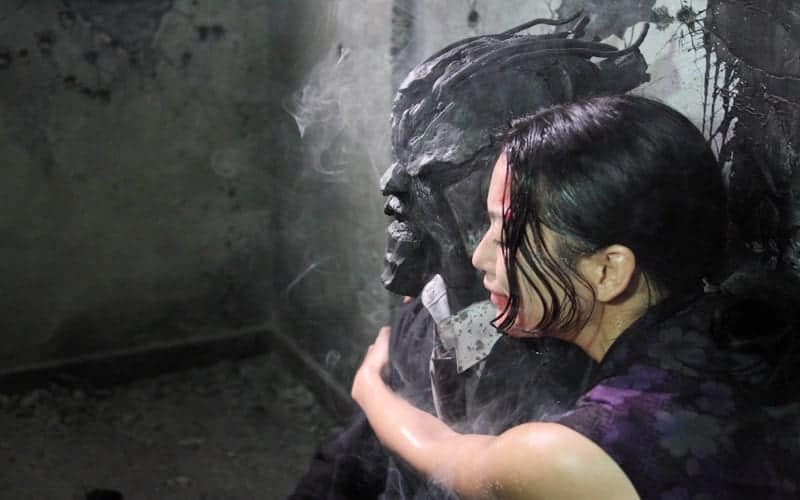
Generally speaking, the third part of the “Tetsuo”-series implements the films into a tradition of narratives about metal constructing the new man. Leaving the concept of sexuality, which was one of the main themes in “Tetsuo II”, aside, the nightmarish creature Anthony turns into is, as the title already suggests, an attempt to create the perfect weapon. The first images of the “new” Anthony is that of a being fueled by rage, equipped with various weapons on his body, making him the ultimate killing machine almost invincible to enemy attacks. In one of the many action scenes Anthony quickly plows his way through a heavily armed SWAT team leaving only a few severed off limbs in his way. You might consider Anthony as Tsukamoto's version of the “T 800” from the “Terminator”-series, albeit one that looks more chaotic and less streamlined.
Most importantly, the concept of the body on “Tetsuo III” has to be regarded within the framework of capitalism. As part of a sub-plot behind the creation of the “man-machine” which Anthony turns into, the script written by Tsukamoto and Hisakatsu Kuroki introduces the idea of the man-made “Tetsuo”. Since the body has become capitalized, exploited and turned into an artificial creation, there is, of course, the question of agency, whether Anthony is the master of his actions or not. Given the transformation also unveiled the purity of emotions, of aggression and chaos, any sense of control, from Anthony or anyone outside, is obsolete.

Even though the later introduction of Shinya Tsukamoto's character as a representative of chaos highlights the apocalyptic undertones of the series, the plot still remains somewhat messy at times. The idea of explaining the nature of Anthony's transformation indeed hurts the narrative and takes away some of the enigma behind it. In the end, especially the interesting dialogues between Yuriko and her now-transformed husband create the powerful discourse, whether man is indeed in control over his/her emotions and to what ends unbound rage may lead.
Finally” “Tetsuo: The Bullet Man” is a solid film for its creator, one with many good ideas and intentions, but an unhealthily wild mix of a plot as well. While its tendency to over-explain certain aspects, the cast and the again great soundtrack by Chu Ishikawa – among other factors – make this film still a very entertaining, much more accessible entry into the director's body of work.
Source:
Miller, Evan (2009) Tetsuo The Bullet Man Panel
https://www.animenewsnetwork.com/convention/2009/san-diego-comic-con-international/tetsuo-the-bullet-man-panel, last accessed on: 05/29/2019


